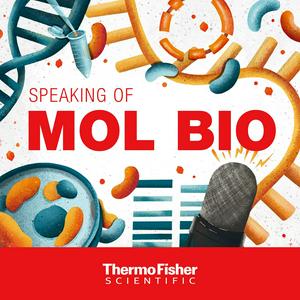In this episode of Speaking of Mol Bio, Dr. Andre Ghetti, CEO of AnaBios, offers a deep dive into the world of translational preclinical research. AnaBios is redefining early human insights by using ethically sourced, functional human tissues and cells to generate actionable data before compounds ever enter clinical trials. Ghetti walks us through the company’s approach of offering human-relevant safety and efficacy data, validating drug targets, and supporting everything from small startups to major pharma groups.
We learn how AnaBios engages with clients to customize assays, especially in high-need areas like non-opioid pain therapies, fibrosis, and cardiac safety, and how they use a blend of standardized and novel functional assays, some of which required building their own hardware. He also discusses their integration of RT-PCR, RNA-seq, and calcium imaging, including genetically encoded sensors to monitor neuronal activity at scale.
From their use of machine learning to analyze massive data sets, to collaborations with the FDA, to their unique ability to preserve tissue viability across the U.S., AnaBios offers a powerful glimpse into the future of translational biology. Dr. Ghetti also shares advice for young scientists and reflects on what’s next for AnaBios, including oncology and stem-cell model integration.
Subscribe to get future episodes as they drop and if you like what you’re hearing we hope you’ll share a review or recommend the series to a colleague.
Visit the Invitrogen School of Molecular Biology to access helpful molecular biology resources and educational content, and please share this resource with anyone you know working in molecular biology.
For Research Use Only. Not for use in diagnostic procedures.


